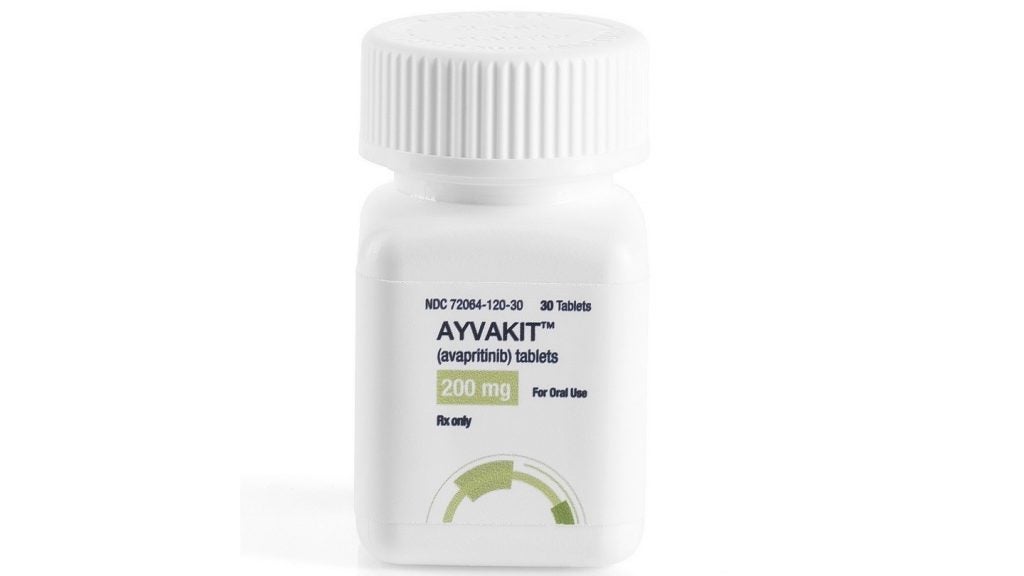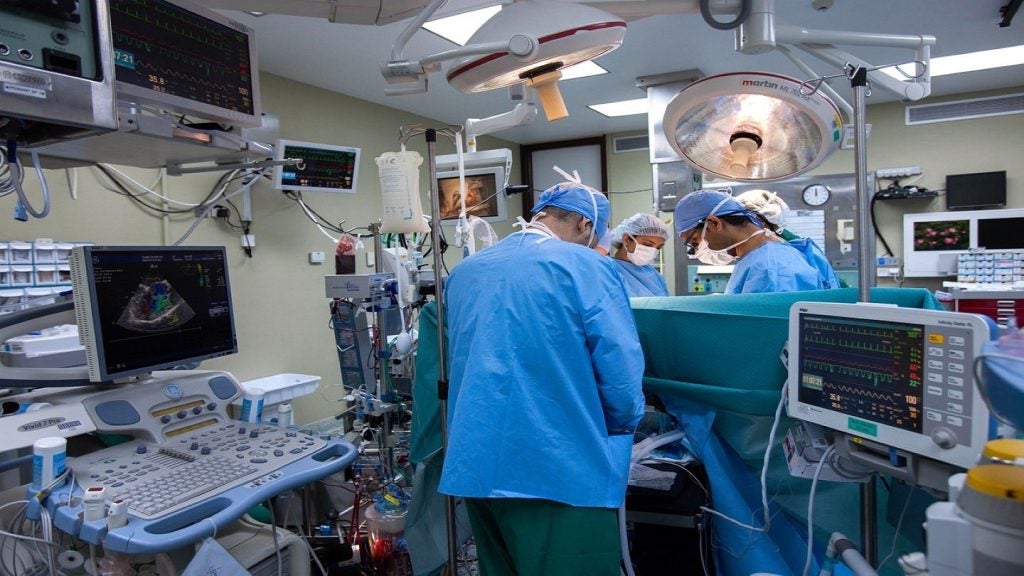Qiagen has received approval from the US Food and Drug Administration (FDA) for its therascreen PDGFRA RGQ PCR kit (therascreen PDGFRA kit) as a companion diagnostic to Blueprint Medicines’ AYVAKIT (avapritinib) in gastrointestinal stromal tumours (GIST).
The companion diagnostic will assist clinicians in identifying patients with GIST who could potentially receive treatment with AYVAKIT.
AYVAKIT received approval in the US to treat adults with unresectable or metastatic GIST that carries a platelet-derived growth factor receptor alpha (PDGFRA) exon 18 mutation, including PDGFRA D842V mutations.
Qiagen and Blueprint worked together to develop the PDGFRA assay, which is said to be the first to secure FDA approval as a companion diagnostic.
The real-time qualitative PCR in vitro diagnostic assay can identify the D842V somatic mutation in the PDGFRA gene for determining the patients eligible for AYVAKIT treatment.
It utilises genomic DNA extracted from the formalin-fixed paraffin-embedded (FFPE) tumour tissue of a patient.
The QIAamp DSP DNA FFPE Tissue Kit is used to process FFPE tumour specimens, while the Rotor-Gene Q (RGQ) MDx instrument can help in DNA amplification and mutation detection.
Qiagen Translational Science and Precision Diagnostics head and vice-president Jonathan Arnold said: “The therascreen PDGFRA kit is an FDA-approved and validated test, delivering results in a fast turnaround time.
“This ensures that physicians receive results promptly, enabling them to make informed treatment decisions for their GIST patients in a timely and effective manner.”
















